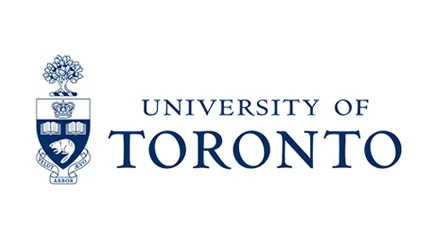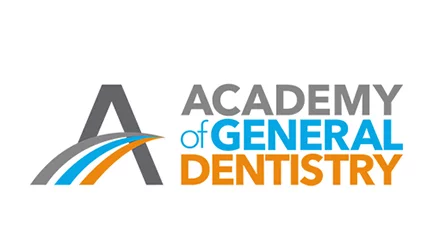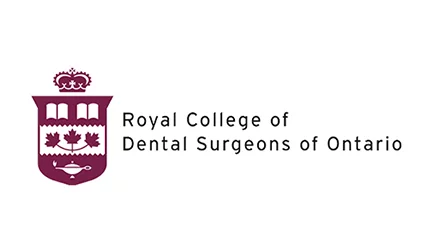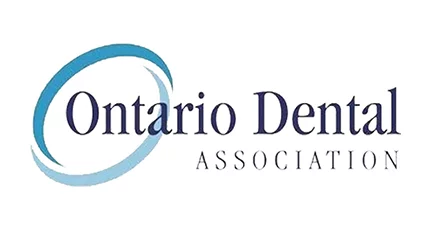ORAL SURGERY
ORAL SURGERY: AN EFFECTIVE WAY TO CORRECT DENTAL IMPERFECTIONS
Oral surgeries simply refer to reconstructive procedures performed on your gums, jaws, and teeth to restore oral health. Oral surgeries commonly include dental implants, tooth extractions, bone grafts, and craniofacial and jaw surgeries. The dentist who performs complex oral surgeries is called a maxillofacial surgeon or periodontist.
The procedure of oral surgeries generally involves excision, incision, and reflection of oral tissues that expose the affected areas of oral cavities. Oral surgeries provide reconstructive and cosmetic enhancements by correcting dental imperfections and effectively improving a person’s oral health.
Schedule your Consultation! Call (416) 691- 8555 or Click here
WHY ARE ORAL SURGERIES PERFORMED?
Oral surgeries have an extensive range and are performed for various reasons, including:
- Extensive tooth decay
- Badly broken teeth
- Gum disease
- Impacted teeth
- Missing teeth
- Temporomandibular joint disorders
- Sleep apnea
- Oral cancer
- Benign oral pathology
If you have any of the above-mentioned issues, you might need to undergo oral surgery to correct your dental imperfections and restore your oral health. In Toronto, Balsam Dental can prove to be the ultimate solution for any of your dental problems, as we have a highly experienced and expert team of dentists who are professionally trained to perform oral surgeries according to your oral conditions and provide you with effective and long-lasting results.
TYPES OF ORAL SURGERIES
Oral surgeries have an extensive range and are performed according to the severity of oral complications. However, the most common type of oral surgery is tooth extraction.
Tooth extraction becomes necessary when the natural teeth no longer remain treatable. In this surgery, the affected teeth are removed to protect the adjacent teeth or stop the spread of infection to other structures of the mouth.
1. TOOTH EXTRACTION
Teeth are extracted for various reasons: Decay has reached deep into the tooth, causing an abscess, the infection has destroyed a large portion of the tooth or surrounding bone, periodontal (gum) infection, or there is not enough room for all the teeth in your mouth.
Before a tooth is removed, the dentist will thoroughly review your medical and dental history and take the appropriate X-rays. X-rays reveal the tooth’s shape, position, length and surrounding bone.
2. WISDOM TEETH REMOVAL
Wisdom teeth are the last molars on either side of the jaws. They are also the last teeth to emerge or erupt, usually when a person is between the age of 17 and 25. Since wisdom teeth are the last teeth to appear, there is often not enough space left in your mouth to accommodate them.
This can lead to wisdom teeth that are impacted teeth trapped beneath the gum tissue by other teeth or bone. If teeth are impacted, swelling, pain and tenderness may occur. Wisdom teeth that come in crooked or only partially emerge can also lead to a painful infection.
Teeth that are removed before they have fully developed roots have fewer complications. Therefore we recommend people between 15 and 19 have their wisdom teeth evaluated to see if they need to be removed.
3. DENTAL IMPLANTS
Dental implant surgery is generally carried out after tooth extraction to replace the removed teeth. It is essential to replace the lost or missing teeth as soon as possible with dental alternatives, as untreated extracted teeth can lead to serious dental problems and result in the dislocation or shifting of adjacent teeth.
The placement of dental implants is the most effective and durable dentistry procedure and generally lasts for a lifetime with little maintenance and good oral hygiene.
Implants are directly anchored into your jawbone and look and function like your original teeth. However, dental implants are unsuitable for patients with poor oral health and insufficient jaw bone, and they should go for other dental procedures like a bone graft or sinus lift.
4. CORRECTIVE JAW SURGERY
Corrective jaw surgery, also called orthognathic surgery, corrects the irregularities or imperfections of the jawbone by realigning the jaws and teeth; it minimises the excessive breakdown of teeth, corrects speech and swallowing problems, and also repairs facial imbalance by correcting issues like overbite, underbite, or crossbite.
During orthognathic surgery, the periodontist cuts open the jawbone and then moves it to the correct position. After moving the jawbone to the desired position, the periodontists secure the jawbone with screws, tiny bone plates, wires or rubber. Jaw surgery is usually performed to repair the irregularities of the chin and upper and lower jaws.
APPROXIMATE COSTS OF DIFFERENT ORAL SURGERIES
The estimated costs of different oral surgeries generally depend on factors like the severity of oral complications, the type or quality of surgical services, and the experience of your periodontist.
However, the estimated costs of dental implants range between $1000 to $6000. The costs of wisdom teeth extraction are between $200 to $1000. Tooth extraction costs generally vary between $150 to $650 per tooth, whereas the approximate costs of corrective jaw surgery are between $3000 to $60000 on average.
At Balsam Dental, we strive to provide our clients with effective and top-quality dental treatments at affordable ranges, often covered by dental insurance. So if you require any of the above-mentioned dental surgeries, Please contact our office to schedule a consultation.











